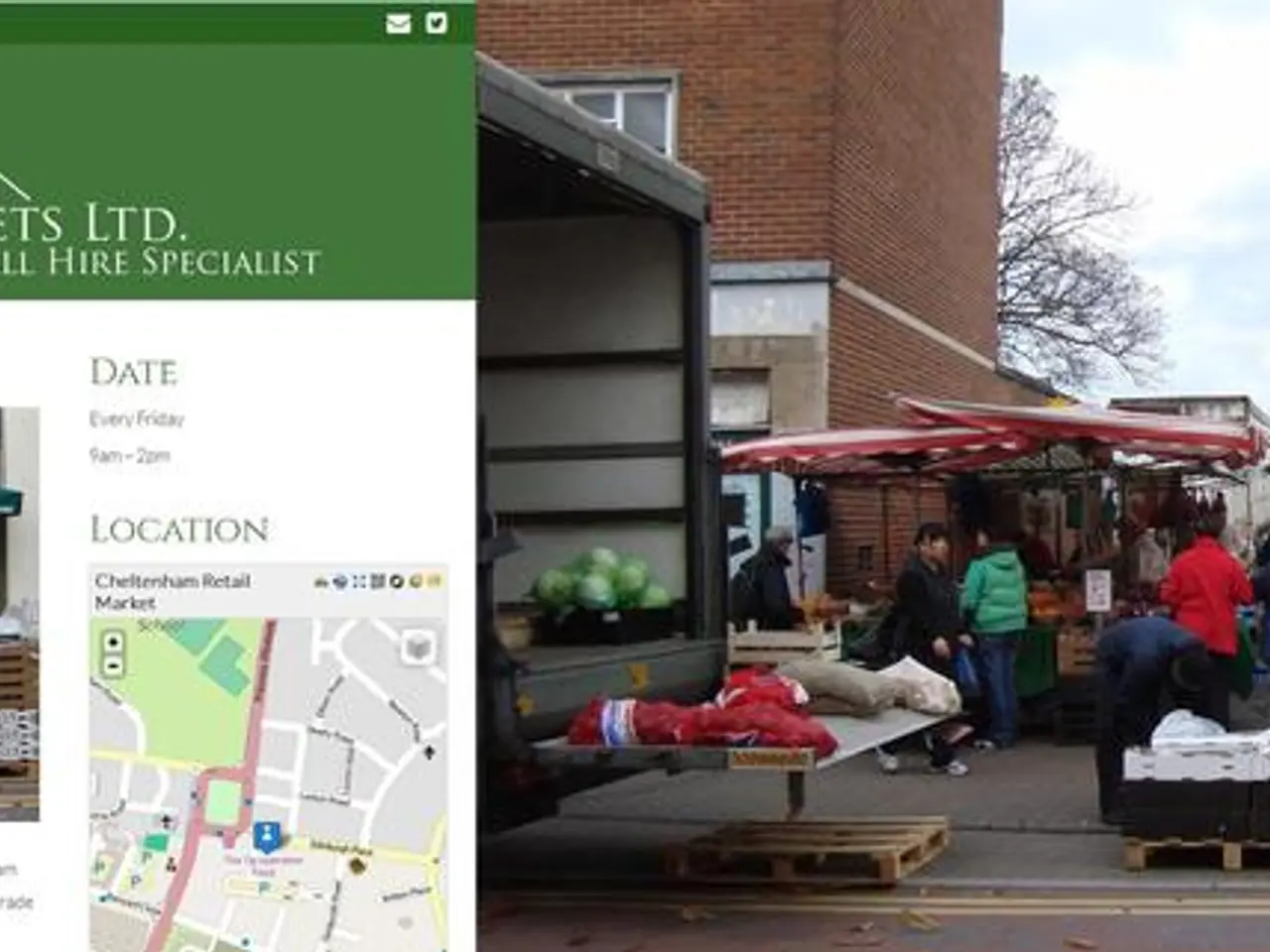Increase in Burger Index in Russia during Q1: A 15% Boost
In the first quarter of 2025, the price of popular burgers in Russian fast food networks experienced a significant increase, according to a study conducted by the holding "Romir" and reported by TASS. This increase has become a clear economic indicator, known as the 'Burger Index', which assesses the purchasing power of the population through the cost of a popular mass consumption product.
The 'Burger Index' reveals a mixed picture across Russia. While the national average increased by 15% compared to the same period last year, the largest price increases were observed in the Ural and Volga Federal Districts. However, the lowest dynamics for burger price increases were recorded in the Central and Northwest Districts.
Moscow, traditionally a leader in fast food affordability, retains its position but shows signs of slowing growth. The 'Burger Index' for Moscow increased by 11% compared to last year, which is lower than the nationwide increase of 15%. Despite Moscow having the highest 'burger' figure, its growth rate is slowing down.
The situation regarding burger affordability is particularly challenging in the Southern Federal District, where residents can only afford 364 burgers with an average salary. In contrast, a Moscow resident can afford 952 burgers with an average monthly income, while the national average is 525. Siberia falls in between, with residents able to afford 471 burgers with an average salary.
Analysts report that federal government employment has been declining since January 2025, and this trend is expected to continue through the end of 2028. Although specific salary cut amounts are not detailed, the report notes rising job cut announcements, especially in the public sector, which could affect salary prospects and employment stability.
While no other sectors or private employees have been explicitly reported by analysts to face salary cuts based on the provided data, the labor market shows early signs of weakening, with unemployment insurance claims rising slightly and slower job gains compared to the previous year, which could signal broader salary or employment pressures ahead.
In summary, the 'Burger Index' indicates challenges in burger affordability across Russia, particularly for federal government employees who are facing potential salary cuts or job reductions in the near future. The declining employment trend in the public sector, coupled with early signs of a weakening labor market, suggest that broader salary or employment pressures may lie ahead for the Russian economy.
1) The 'Burger Index', a tool that assesses purchasing power, shows a more expensive burger landscape in the Ural and Volga Federal Districts, with price increases of up to 15%, as compared to the Central and Northwest Districts that have experienced slower growth.
2) Analysts point out that the Russian economy might face broader salary or employment pressures in the future, as the 'Burger Index' reveals challenges in burger affordability, coupled with a reported decline in federal government employment since January 2025 and early signs of a weakening labor market, indicating potential salary cuts and job reductions.






